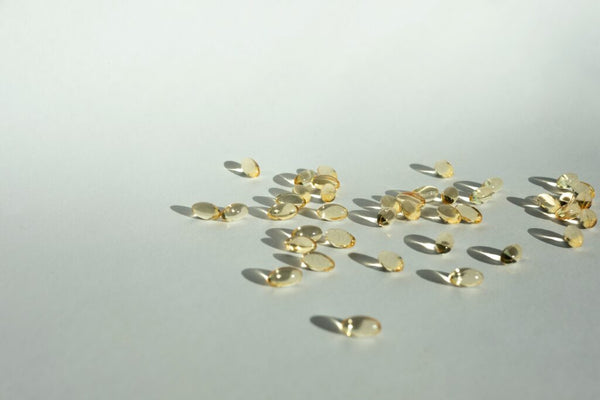COVID-19: Vitamin D May Modulate Risk & Severity
Apr 16, 2024
According to research – Evidence Regarding Vitamin D and Risk of COVID-19 and Its Severity – which was published in the November issue of the online, peer reviewed journal Nutrients, “the world had recorded 40,628,492 cases and 1,122,733 deaths from COVID-19 by 19 October 2020.
The study researchers, from Cape Coral, Florida, San Francisco, California, and the Medical University of South Carolina, report that COVID-19 began in the winter in the northern hemisphere – with both cases and deaths being lowest in the summer. That was especially true in Europe. Rates began increasing again in July, August, or September in various European countries.
This data caused the researchers to comment, “it (COVID-19) is thus generally inversely correlated with solar UVB doses and vitamin D production.
Prior research has concluded that Vitamin D, “is a powerful epigenetic regulator, influencing more than 2500 genes and impacting dozens of our most serious health challenges, including cancer, diabetes mellitus, acute respiratory tract infections, and autoimmune diseases, such as multiple sclerosis.
It’s thought that the impact of COVID-19’s damage control corresponds with a “cytokine storm” – causing an uncontrolled and excessive innate immune system release of pro-inflammatory signaling molecules called cytokines, which can damage tissue.
The researchers comment that, as of their study submission date, of, “the Clinical Trials registry maintained by the U.S. government, only four will investigate prevention, and three of those are enrolling health care workers, a group that is highly exposed to COVID-19.
In their investigation of the relationship between Vitamin D status and COVID-19 susceptibility and impact, the researchers cite, among other European data, a U.S. observational study, the largest observational study to date from Quest Diagnostics – with data for 191,779 patients – having a mean age of 50 years, who were tested for SARS-CoV-2 between March 9th and June 19th, with 25(OH)D tests in the preceding 12 months at Quest.
25(OH)D – (25-hydroxy-Vitamin D) is the standard laboratory test to assess Vitamin D status.
The study, note the authors, “reported the following rates of SARS-CoV-2 positivity vs. 25(OH)D concentration: 39,120 patients <20 ng/mL; 27,870 patients 30–34 ng/mL; 12,321 patients >55 ng/mL (nanograms per milliliter).”
Labtestsonline.org says, “the Endocrine Society defines vitamin D deficiency as a 25-hydroxyvitamin D blood level below 20 ng/mL (50 nmol/liter) and vitamin D insufficiency as a level between 21–29 ng/mL (52.5–72.5 nmol/liter).”
Emerging evidence has demonstrated that, “higher serum 25(OH)D concentrations are associated with the reduced risk and severity of COVID-1” – with “the strongest evidence to date (coming) from 14 observational studies that report inverse correlations between serum 25(OH)D concentrations and SARS-CoV-2 positivity and/or COVID-19 incidence, severity and/or death.”
Also in the November Nutrients issue was research – Vitamin D Supplementation Associated to Better Survival in Hospitalized Frail Elderly COVID-19 Patients: The GERIA-COVID Quasi-Experimental Study – which had as its objective to determine whether bolus vitamin D supplementation taken either regularly over the preceding year or after the diagnosis of COVID-19 was effective in improving survival among hospitalized frail elderly COVID-19 patients.
The French study researchers concluded that, “regular bolus vitamin D supplementation was associated with less severe COVID-19 and better survival in frail elderly.
“Bolus” referred to the oral vitamin D3 doses taken either by a group of the study patients over the preceding year, another group of patients, who received doses within a few hours of diagnosis, and the last group, who received neither doses before or after COVID-19 diagnosis.
Before you jump to any immediate conclusions, you need to step back and wait for more research to be compiled on Vitamin D’s risk reduction effect with COVID-19.
However, you certainly can take ownership of your health, by asking your physician to assess your Vitamin D status with a blood test. Then, the doctor can recommend the appropriate supplemental intake.
Interested in reading more? Check out Vitamin D Status is Associated with COVID-19 Severity



